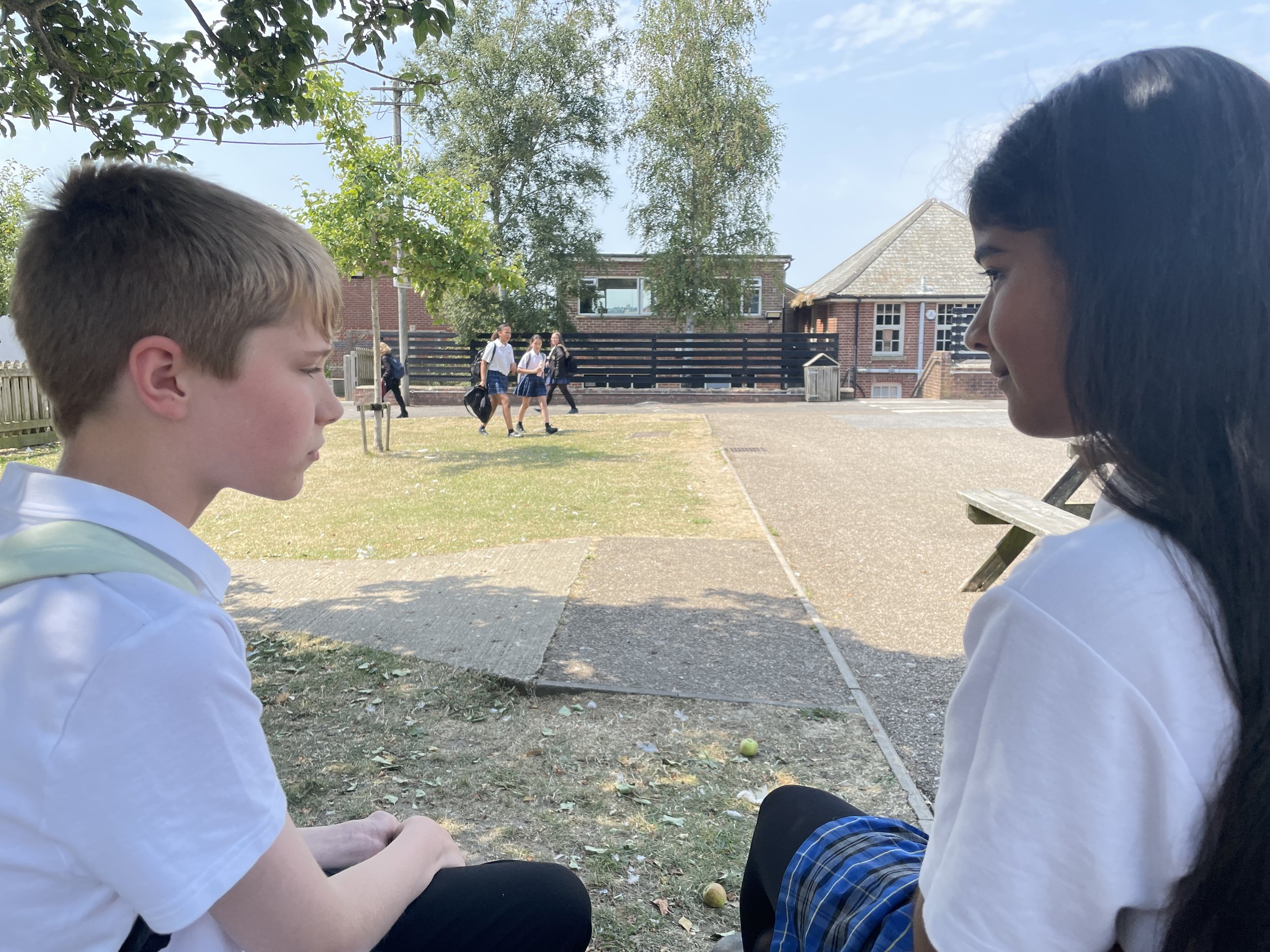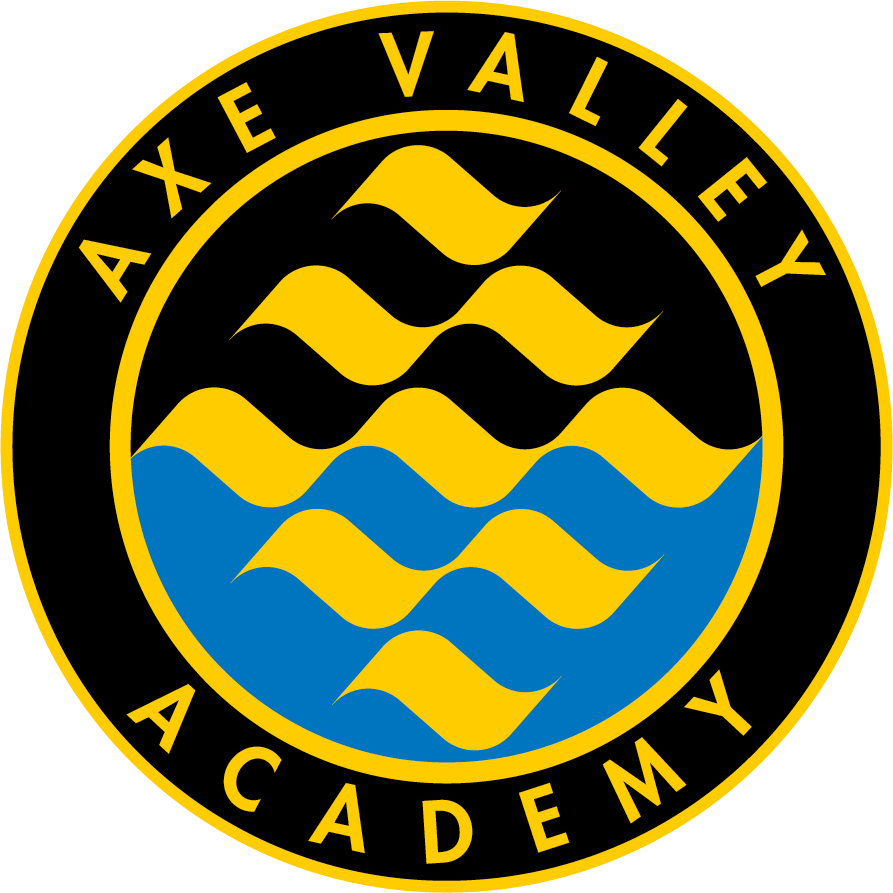
Careers & Work Experience
Careers and Raising Our Students’ Aspirations
Our Careers Education, Information, Advice and Guidance (CEIAG) will:
provide good quality independent and impartial careers advice to students which inspires them and motivates them to fulfil their potential
provide advice and guidance which is in the best interests of the student
contribute to raising achievement; encouraging students to develop high aspirations and consider a broad and ambitious range of
careers
provide opportunities to work in partnership with employers, training providers, local colleges and others to provide opportunities to
inspire students through real-life contact with the world of work
develop enterprise and employability skills including skills for self-employment
support inclusion, challenge stereotyping and promote equality of opportunity
encourage students to see career development as a life-long process
support students at key transition points
CEIAG at Axe Valley has four elements:
Careers Education: Planned programmes in the curriculum giving students knowledge and skills to help them to plan / manage their own career.
Career Information: Including options, skills, occupations, labour market information (LMI), pathways and progression routes.
Careers Advice and Guidance: Independent and impartial careers advice and guidance provided by a L6 qualified careers advisor.
Work Related Learning: Experiences within and outside the curriculum to help students learn about economic well-being, careers and enterprise.
The Gatsby Benchmarks
The Academy careers plan supports the achievement of the eight Gatsby benchmarks (click on + symbol for more details):
-
Every school and college should have an embedded programme of career education and guidance that is known and understood by Students, parents, teachers, governors and employers.
-
Every Student and their parents should have access to good quality information about future study options and labour market opportunities. They will need the support of an informed adviser to make the best use of available information
-
Students have different career guidance needs at different stages. Opportunities for advice and support need to be tailored to the needs of each Student. A school’s careers programme should embed equality and diversity considerations throughout.
-
All teachers should link curriculum learning with careers. STEM subject teachers should highlight the relevance of STEM subjects for a wide range of careers paths.
-
Every Student should have multiple opportunities to learn from employers about work, employment and the skills that are valued in the workplace. This can be through a range of enrichment activities including visiting speakers, mentoring and enterprise schemes.
-
Every Student should have first-hand experience of the workplace through work visits, work shadowing, and/or work experience to help their exploration of career opportunities, and expand their networks.
-
All Students should understand the full range of learning opportunities that are available to them. This includes both academic and vocational routes and learning in schools, colleges, universities and in the workplace.
-
Every Student should have opportunities for guidance interviews with a careers adviser, who could be internal (a member of school staff) or external, provided they are trained to an appropriate level. These should be available whenever significant study or career choices are being made. They should be expected for all Students but should be timed to meet their individual needs.
Student Entitlement
Click on the + symbol to reveal more information for that year group.
-
By beginning careers education early students can make better informed decisions at transition stages and are more motivated in school in order to follow a particular pathway.
Students are encouraged to identify personal traits, strengths and skills and develop confidence and have high expectations of themselves.
Students are introduced to careers resources and informed how to use them.
Students have a wide range of opportunities to engage with a range of local business, FE, HE and training providers.
Students have optional access to independent and impartial advisers via a referral system.
Students are introduced to LMI.
-
Students build on personal strengths and begin to link skills to specific careers enabling realistic and informed decisions at transition stages.
Students are introduced to the world of work and how it is constantly changing.
Students are introduced to careers software and websites.
Students have a wide range of opportunities to engage with a range of local business, FE, HE and training providers.
Students are encouraged to think about what they might like to achieve after school.
tudents have optional access to independent and impartial advisers via a referral system. They are encouraged to use careers
resources available and informed where to find out more about specific courses/careers.
Students begin to think about GCSE options in terms of career pathways and plan their future. Students link curriculum areas to careers to help prepare them for choosing their GCSE options.
Students begin to consider how they can use LMI.
-
Students are encouraged to reassess personal strengths with a focus on transferable skills.
Students are encouraged to investigate different jobs and careers and what they mean in terms of lifestyle, budgeting and a good
work/life balance and develop economic awareness.
Students are encouraged to challenge stereotypes within the world of work and traditional job roles.
Students have optional access to independent and impartial advisers via drop in sessions. They are also encouraged to use careers resources available and informed where to find out more about specific courses/careers.
Students have a wide range of opportunities to engage with a range of local business, FE, HE and training providers.
Students are encouraged to access LMI independently.
-
Students explore post 16 pathways.
Students have a wide range of opportunities to engage with a range of local business, FE, HE and training providers.
Students complete the Building My Skills programme; learning about career pathways, online appearance, workplace behaviour/expectations, preparing a CV, preparing for interview.
Economic awareness is developed further and students are encouraged to think about employability, which careers appeal to them and to identify and set themselves realistic future goals.
Students begin CV and cover letter writing (as part of the BMS programme).
Students have optional access to independent and impartial advisers via a referral system. They are also encouraged to use careers resources available and informed where to find out more about specific courses/careers.
Students complete work experience.
Students develop interview technique and complete a mock interview with a local employer.
-
Students are supported with post 16 choices and encouraged to consider all their options including further study and apprenticeships.
Students are encouraged to consider how LMI is relevant to their post 16 options.
All students have a one to one guidance interview with an independent careers advisor (L6 qualified).
Students use careers interviews to help understand different career pathways and entry requirements and are encouraged to make contingency plans should results be better/worse than expected and set personal targets for development.
Students have optional access to additional independent and impartial advice via drop in sessions. They are also encouraged to use careers resources available and informed where to find out more about specific courses/careers.
Students are encouraged to think about the kind of behaviour potential employers look for.
Students are encouraged to attend careers talks, fairs, college open days and taster days with employers.
Students are assisted further with CV writing and encouraged to have a completed a CV and cover letter
Students are kept up to date with post 16 deadlines, open evenings and appropriate internal and external careers events.
Work Experience
Work experience takes place in the Summer term of Year 10 once the GCSE examinations have concluded.
For 2024 work experience is scheduled for the week beginning 24/06/2024.
Further information
The Academy’s Careers Leader is Mr Phil Wilson and can be contacted either via email pwilson@axevalley.bep.ac or telephone on 01297 32146.
Careers Policy (this can be viewed on the policies page of the website)
External sources of information about further education, apprenticeships and local employers:
All young people in England must continue in education or training until 18 years of age. Young people have the following choices at the end of year 11:
Full time study at a college, sixth form or training provider
Full time work or volunteering combined with part time education of training
An apprenticeship
A traineeship
Students and parents of students in year 7 – 11 can request a careers guidance interview via their Tutor or Year Leader.
Careers South West also provide careers advice, information and guidance: cswgroup.co.uk for 13-19 year olds (and up to age 25 for young people with special needs).
Local Sixth Forms
Additional resources for students and parents:
CareersBox is a free online library of careers related videos, news and information.
icould provides career inspiration and information for young people through free access to over 1000 personal video stories, detailed job information, plus practical tips, insight and advice.
The National Apprenticeship Service website offers guidance on how to apply for an apprenticeship as well as listing current local apprenticeship opportunities. More information on apprenticeships can be found at amazingapprenticeships.com.
The National Careers Service provides information, advice and guidance to help students make decisions on learning, training and work opportunities. The service offers confidential and impartial advice and is supported by qualified careers advisers. You can chat with an adviser using webchat (8am to 10pm, 7days a week). Or you can call 0800 100 900 to speak to an adviser (8am to 10pm, 7 days a week). Calls are free from landlines and most mobile numbers.
Parental Guidance offers advice and information on all aspects of the process of career choice for young people aged 13 to 25.
Start is an online careers learning tool which can be used to explore future career and education options. It can also be used by parents. The site includes a range of short three minute videos to help students explore a range of careers.
UCAS Progress is an online search and application tool for post 16 courses. This is the preferred method of application for some sixth form providers.
